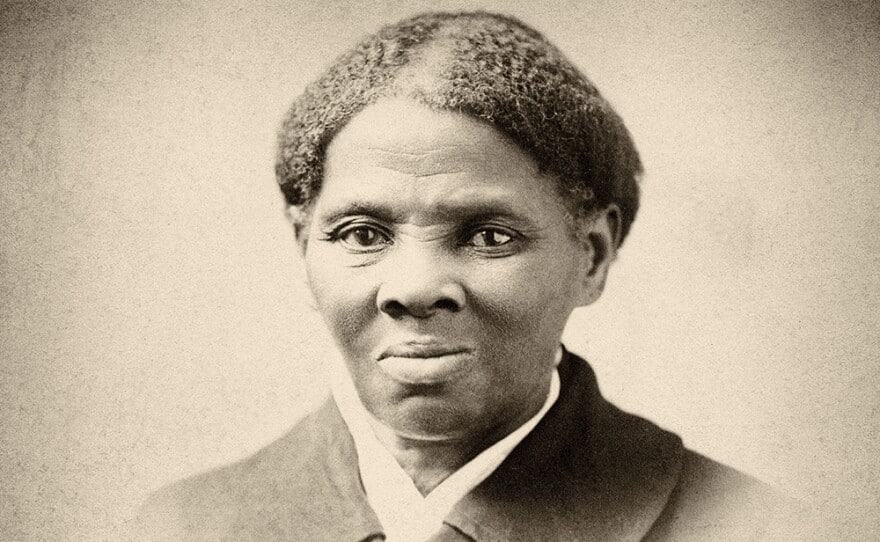Celebrating Juneteenth
This is a special post written by Shantal Giordano, Human Resources Director at Triangle. Shantal is also a member of Triangle’s Racial Equity Committee. As part of our commitment to the work of our Racial Equity Committee, we will be sharing more information with you on subjects related to racial equity and disability justice. This post continues our series dedicated to calling attention to the contributions of people with disabilities to American history.
Juneteenth commemorates June 19, 1865, the day when the Union Army arrived in Galveston, Texas to announce the end of slavery – more than two years after the emancipation proclamation. Juneteenth symbolizes collective liberation resilience through history and importance of access to information. The holiday also serves as a reminder that the work of eliminating systemic racism and ableism continues today.
Many people do not know that Harriet Tubman was a person with a disability. Tubman experienced a traumatic brain injury as a teenager that resulted in periodic seizures and narcolepsy. In addition to her heroic role freeing more than 300 enslaved people through the underground railroad, she was a spy for the Union Army during the Civil War, helped plan and execute the Combahee River Raid which freed more than 700 people, and worked as a political activist helping newly emancipated people to find education and work. Tubman’s experience as a person with a disability allows us to imagine the untold histories and myriad contributions of people with disabilities who were enslaved in the fight for freedom.
